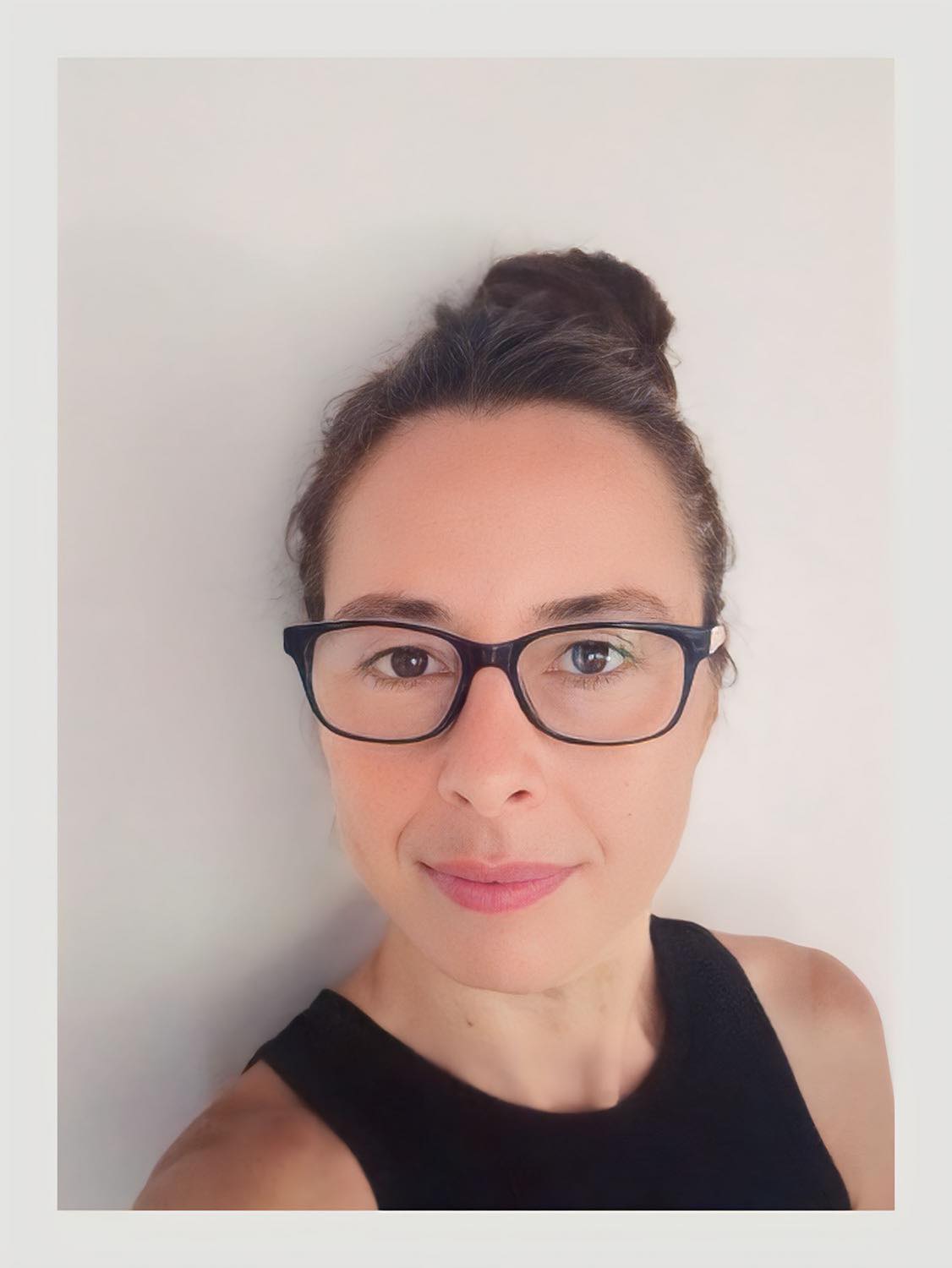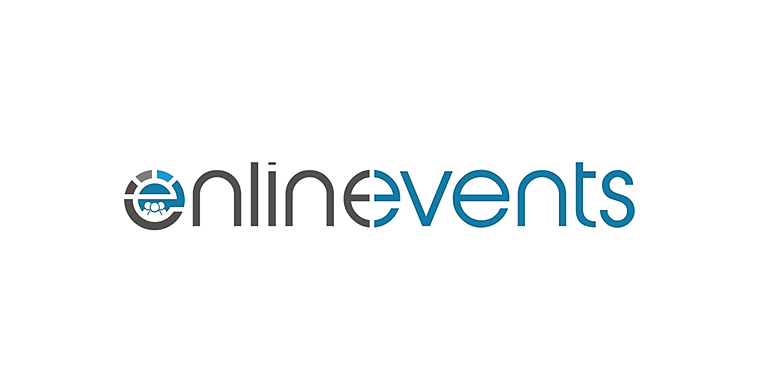This workshop offers practical exercises and reflections to think about material ways to engage with meaning-making, honouring creativity and being – for ourselves and the individuals that we serve.
From creative exercises through to examples for establishing a visually appealing space for your practice, this workshop provides opportunities to check-in on the state of play of your therapeutic offer, reaffirming (or reclaiming) an alignment with your personal values, ethic, capabilities and training.
The workshop will offer creative prompts to rekindle with that innate source we all possess; providing opportunities to establish creative ways of thinking and sense making within the therapeutic process in two ways: the first encourages new avenues in the therapeutic dialogue beyond spoken interaction, expanding the tools you provide to the communities that you serve; and the second offers creative opportunities to you, giving you permission to adopt different modalities in your restorative practice, to make time to recharge meaningfully and joyfully.
Learning Objective Participants Can Expect From This Event
- Gain a sense of clarity around creative possibilities in therapy, coaching and restorative practices for the self and other.
- Appreciate the potential of a conducive environment, that welcomes ethical and multimodal ways of being, nourishing the creative potential of those we serve.
- Practise first-hand accessible and meaningful ways of making sense in creative and tangible exercises that help dispel creative blocks or misinterpretations of what it means to be creative.
Who is This Workshop Appropriate For?
- Therapists, coaches and socially-engaged practitioners working with individuals, couples, groups and colleagues in the helping professions. Especially if you have a desire to reengage your own creative potential.
How May This Workshop Impact Your Practice?
- This workshop is designed to explore generative thought around what it means to be creative, offering ideas and practical methods for engaging creative potential, nourishing self-expression and collectiveness.
As a way to make art with accessible and inexpensive materials, please bring with you any art materials you have. Some examples of materials you may bring with you: Paper, or sketch-book, or note-pad, small boxes (i.e. tea box, pasta box, soap box, cereal box, etc.), or a jar or any sort of vessel (clean and dry), card, newspapers/magazines, biro pens/pencils/crayons, paint and brushes, oil pastels, fine/thick markers, glue (PVA or stick), string, sellotape.
Course Content
Presenter

Dr. Francesca Bernardi PhD is an advocate, author, coach, and artist, with expertise in MA supervision, dis/ability and community engagement. Francesca has an extensive background as a teacher and artist-in-residence, working with children and adults in various settings, including schools, alternative provision, further and higher education, corporate settings, museums, and public spaces (Tate Museums and the RSA.org). She’s dedicated to working with parents and caregivers of children and young people with dis/abilities who have experienced school exclusions and other forms of social discrimination.
Francesca engages in multi-disciplinary and arts-informed practices with marginalized communities, and individuals experiencing loss and homelessness. Her approach is non-hierarchical, socially just, and creative, aiming to nourish healing and personal agency while honouring the wholeness of individuals’ personhood, choices, and capabilities.
Francesca has published her work on autism, arts-informed methodologies, childhood, and children’s rights in books and journals (Bloomsbury, Routledge, Taylor and Francis). She is the founding chair of the Antonio Gramsci Society UK, board member of the Disability Without Abuse Project (2020-), and an Associate Member of CATA/ACAT (the Canadian Art Therapy Association 2021-).


